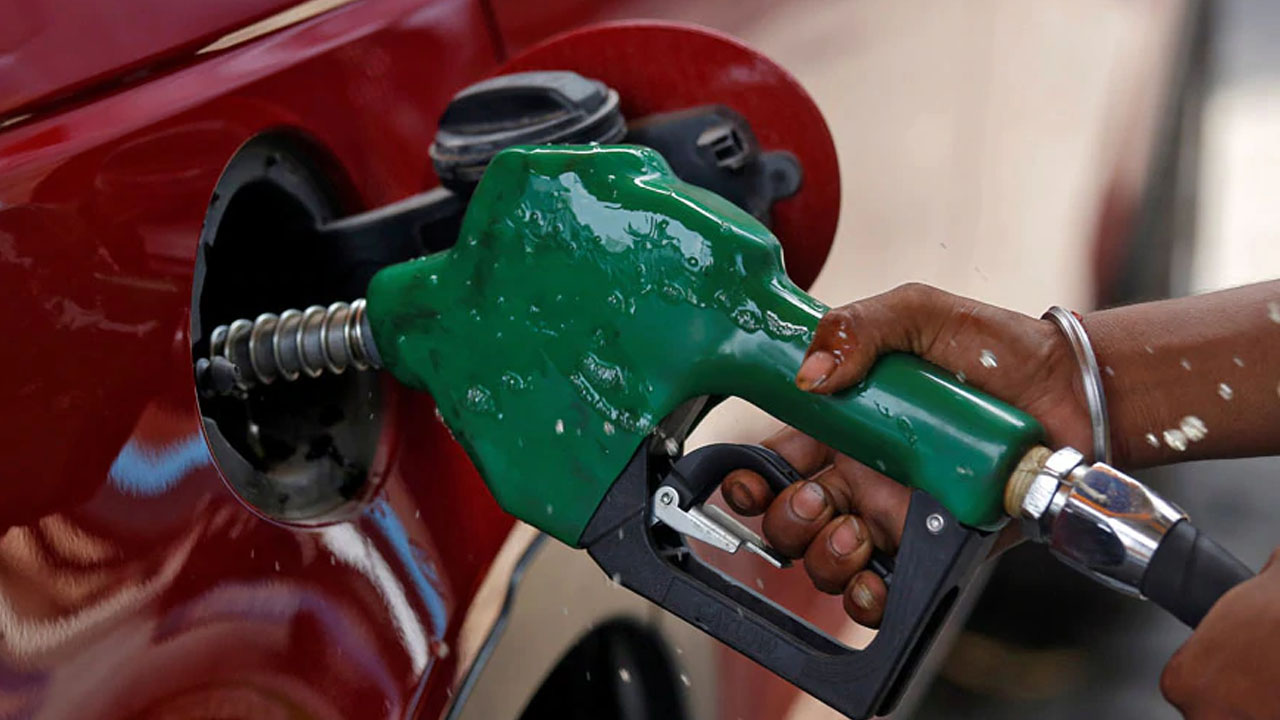Aside from the fact that more levies and taxes would be shouldered on Nigerians to pay as the year (2022) progresses, there is another development to worry about, which is the recommendation by the National Executive Council (NEC) that petrol price should cost N302 per litre.
Petrol price, which currently sells between N162 and N165, according to a report, may be increased by 86% in the course of the year.
BizWatch Nigeria, however, understands the recommendation by the Vice President Yemi Osinbajo-led executive council is part of the government’s strategy to deregulate petrol prices, and to yank off the monthly subsidy payments from its pulse.
The recommendation, which was presented by Governor Nasir El-Rufai of Kaduna State and head of the Committee, also has it that it is pertinent for petrol retailers to post at all times the commodity prices.
“The recommendation has since been reconsidered and dropped by the committee. According to the new report, the committee recommended full deregulation of PMS prices by February 2022 — raising the price by about N130/140 per litre.”
“It also recommended that all retailers should post PMS prices at all times on a designated website and smartphone app — and they are expected to post price changes no earlier than within 15 minutes of the price change.
“With the recommendations, the committee added that the federal government would save N250 billion per month on petrol subsidy removal.
“At current rates, the PMS subsidy is reducing transfers into the federation by about NGN 250 billion per month, and could, if PMS subsidies are not eliminated, result in deductions of NGN 3 trillion in 2022.
“The large-scale time-limited (6-months) cash transfer proposed as a way of transferring the subsidy “directly to the people” would cost N600 billion but would by paving the way for the elimination of PMS subsidies, enable the federation to recover N3 trillion in revenues that would otherwise go to PMS subsidies.
“If PMS subsidies are eliminated by February 2022, N250 billion in deductions would have been incurred, but the remaining N195 billion in anticipated PMS subsidy deductions could be redirected towards FGN funding of the cash-transfer programme,” the report read.
What you should know
In view of the newly-introduced taxes and levies that would be imposed on Nigerians starting from this year, this publication understands that this would be a burden for Nigerians at large.
It is noteworthy to state that the recommendation emerged at a period when food prices have soared high, such that many Nigerians cannot afford to feed themselves three times in a day, as it should be.
More so, there are concerns among stakeholders and experts, who sought the removal of the subsidy to better the economy. However, Minister of Finance Zainab Ahmed, might have stated otherwise when he disclosed that the petrol subsidy would be replaced by N5000-a-month transportation grant to the poorest Nigerians.











